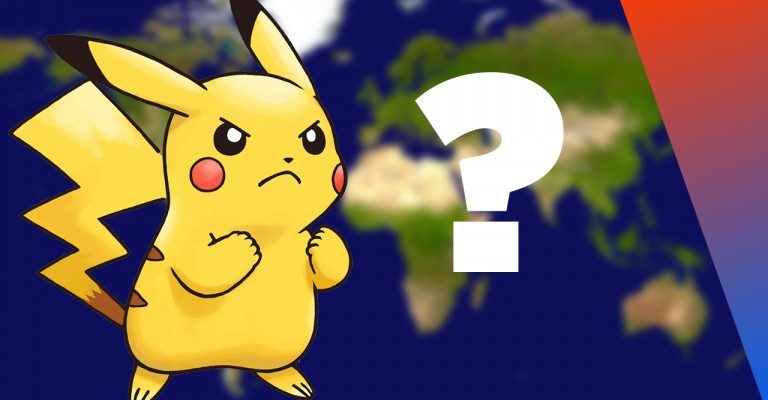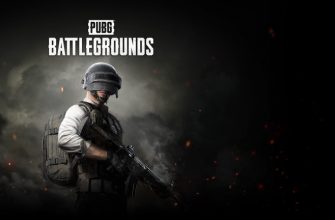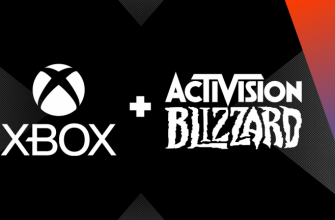Whether free (like in GTA), realistic (Spec Ops: The Line …) or mainly recreational (Battlefield, Call of Duty and other multiplayer FPS), violence in video games has always been a point of controversy and contention. In 1976, when the games were just a succession of pixels without great realism, we were already pointing the finger at one of them: Death Race.
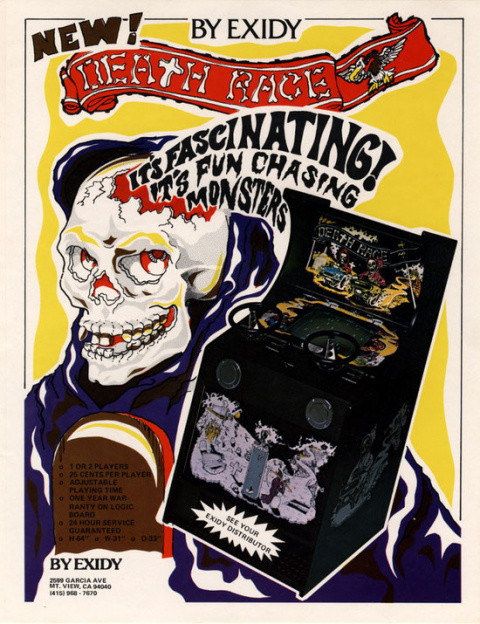
Originally released on an arcade machine, Howell Ivey’s game invited players to crush pixelated little guys. Unfortunately, its production had to stop very quickly. Deemed too violent, the game was the victim of a real scandal. Death Race thus made the cabbages fat of the American press, which treated it like a dangerous and traumatic game. If this bad publicity and the various protests initially had the effect of increasing sales, the company Exidy very quickly had to resolve to withdraw his game from the market. Note that the game was a free adaptation of the film Death Race 2000 which, despite dozens of crushed pedestrians, never gave rise to such a controversy.

You can imagine that if a few pixels were causing the crowds so much at the time, the situation worsened with the arrival of more realistic graphics. Over time, different studies have shown that playing video games influences the brain, pushing it towards aggression. If the latest studies on the subject mainly suggest the opposite, a few decades ago the tendency was to castigate the negative impact of video games.
The latter are even, according to some, responsible for the school killings which particularly affect the United States. An argument which has lost credibility today but which was obvious at the time. So that Following the Columbine High School shooting in 1999, several families of victims decided to sue games such as Doom or Wolfenstein 3D (much appreciated by shooters). A culprit had to be found, and it was easier to point the finger at violent games rather than past trauma or other deeper issues.
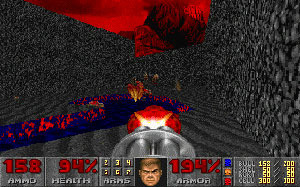
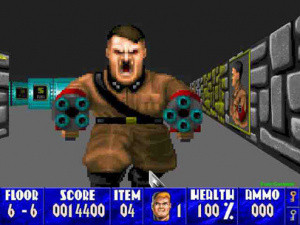
It is for the same reason that the French government started attacking video games in the 90s: find a culprit in the “climate of violence” which does not ask to question years of disastrous policies. This is how Phantasmagoria, Carmageddon II: Carpocalypse Now, Sanitarium, Wild 9 or even Grand Theft Auto found themselves on the benches of the Assembly or the Senate, in the center of heated debate to limit their distribution.
Mr. Philippe Darniche urgently calls the attention of the Minister of the Interior to the existence and sale in our country of video game software that defies all human and civic morality. Specially intended for young people, they aim to “virtually” incite adolescents to urban violence and street fights after identifying with a “hero” mandated by the mafia and who is none other than a drug dealer. {…} while our country is experiencing great difficulties in trying to stem the unease in the cities, to find work for young people and to fight drug addiction prevention.
Question asked in the Senate on January 22, 1998
But despite long sessions, France will never completely ban video games, unlike many neighbors. Germany, for example, has a long list of banned games, from Counter-Strike to Dying Light, Football Manager and Wolfenstein 3D. Released in 2008, Manhunt 2 (“bloodiest video game ever” according to IGN) will also be banned on Germanic lands, as well as many others (United Kingdom, Ireland, Italy, Switzerland …). But if these bans are the subject of ad hoc decisions, there is a country which decided, more than ten years ago, to opt for a more radical verdict: ban almost all video games on its soil.
On January 17, 2010, Hugo Chávez gives his usual weekly radio and television address Alo Presidente. But this time, he has a very specific enemy in mind: video games, and particularly Sony.
These games called PlayStation are poisonous. There are games that teach you how to kill. Once they made one with my face, you have to look for Chavez to kill him
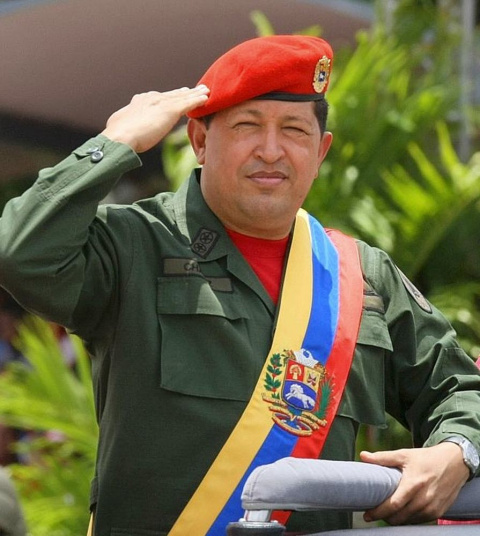
Before that he also had took a stand against the Nintendo company. According to him, the video games of the Japanese company would make the players individualistic and would deviate them from the right path. Suffice to say that the Venezuelan president clearly did not carry video games in his heart, and that for a little while. In October 2009, he had had a bill to ban the sale of so-called games “warlike”. Voted unanimously by Parliament, it was finally implemented from March 3, 2010. And the least we can say is that she was rather radical.
And for good reason, it establishes the ban on all video games (and toys) advocating, from near and far, violence and the use of weapons. Thus, it goes from a nagging war game to a Smash-like where the goal remains to defeat your enemy. Suffice to say that the great majority of games were affected by these restrictions. Venezuela has thus become the first country to ban almost all video games on its territory.
But concretely, what did the law provide? Well not less than three to five years’ imprisonment for anyone seeking to import, manufacture, sell or distribute violent games. And for those who ventured to promote such games in any way, they ran the risk of paying a pretty hefty fine.
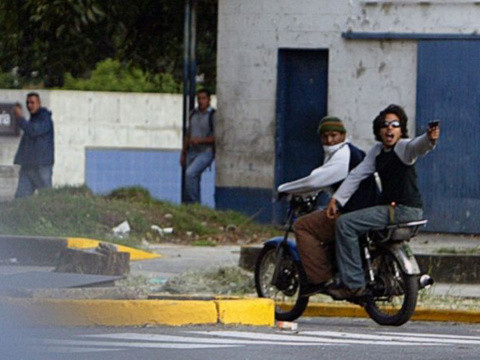
This Venezuelan ban is a bit like the tree hiding the forest. It is important to remember that the country was at the time prone to high crime and disastrous waves of violence. It is difficult to see how a decision as simplistic as that to ban violent games could have an impact on the impressive number of deaths by gunshots in the country, for example. For information, according to a 2005 UNESCO report, the country took first place in the death rate from gunshots, with 22.15 deaths by gunshot recorded per 100,000 inhabitants. Not to mention that whoever is at the origin of this law is far from being quite pure and innocent. Aware of these realities, the vice-president and spokesperson for the commission that wrote the law had chosen to clarify the ambitions of the latter:
This law will not solve the problem of violence which is bleeding the country, but will help to raise our children and adolescents in pacifism.
Wilmer iglesias

Especially that few directives are ultimately given to the Venezuelan Association for the Protection of Consumers, the national body supposed to decide which game would be authorized or not. In addition, we suspect that the reason for this ban is rather hidden in anti-Americanism, and the resulting anti-capitalism, two strong themes of the Chavez presidency. Especially that the guy and his supporters already saw in Mercenaries 2: Hell of the Favelas (2008), an incitement by the United States to overthrow the Venezuelan government. As for capitalism, he openly incriminated it during his famous speech of January 17, 2010:
Capitalism creates the need for tobacco, drugs and alcohol and then sell them. It’s a path to hell!
Note however that Microsoft (the only major American manufacturer) has never been directly in the sights of Chavez, unlike the other two main manufacturers on the market. As saying that this whole story has something lunar and incomprehensible … unlike the Chinese restrictions which have always followed a certain consistency (as questionable as it is).
In view of the title, you probably hastened to think that we were going to take a look at the Asian giant. And this is not without reason. While China hasn’t banned video games globally, this is the country that has issued the most restrictions against them. We therefore felt obliged to mention it before putting an end to this article.
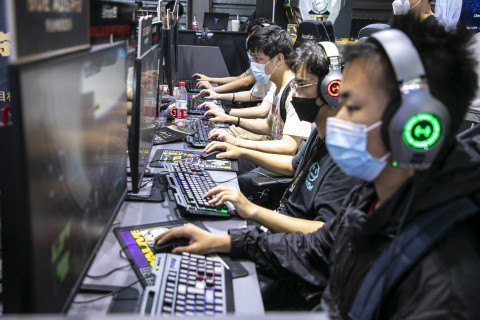
It all started in 2000, when a decree was promulgated to ban the sale of consoles … just that. The idea was to make Chinese citizens focus on their studies or work. If since 2014, this law has been lifted, it has had a strong impact that is being felt today on the consumption of video games in China. Indeed, most Chinese only play on PCs and smartphones.
In addition to this, the government is seeking to limit access to games for the youngest. First restricted by a digital lock then by a strict limitation to a few hours per week, young Chinese cannot play as much as they want. A curfew is also imposed on online games. And we’re not talking about the whole censorship aspect, which aims to make video games a smooth leisure, framed and favorable to the power in place. If the subject interests you, we can only invite you to read our paper on the censorship and ban of video games in the world.
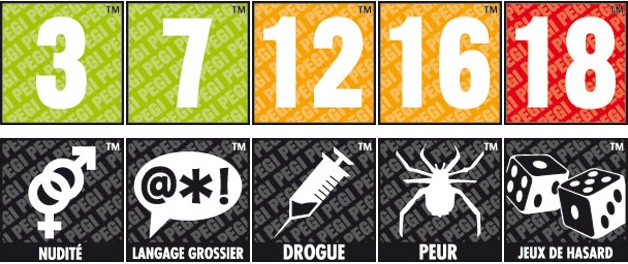
To come back to the Venezuelan case, it crystallizes years of a priori on video games and the relationship that politicians have with this medium. Loaded with inconsistencies and devoid of real directions, this ban struggles to find a logic and a real impact. In the end, it is today no longer the economic crisis that prevents players from playing war. It must be said that spending the equivalent of $ 37,000 for the Xbox One (56,000 for the PS4) is not accessible. Fortunately, Venezuelan gamers can count on their PCs to engage in frenzied games. And some have even found a way to make a little money in times of crisis … but that we will undoubtedly talk about in another article.

